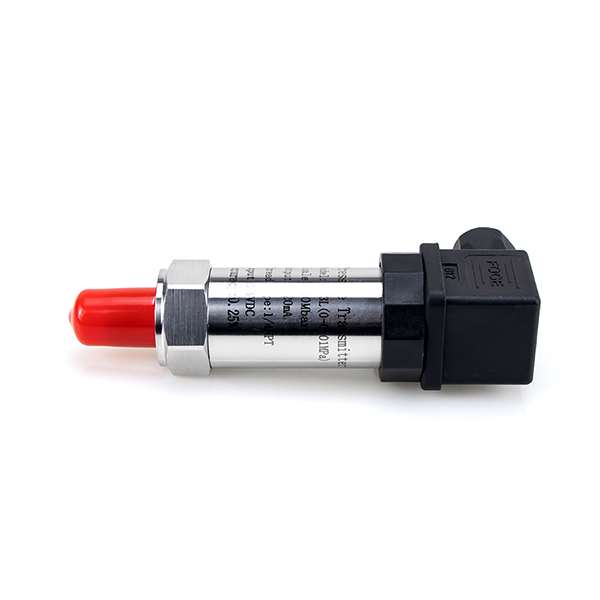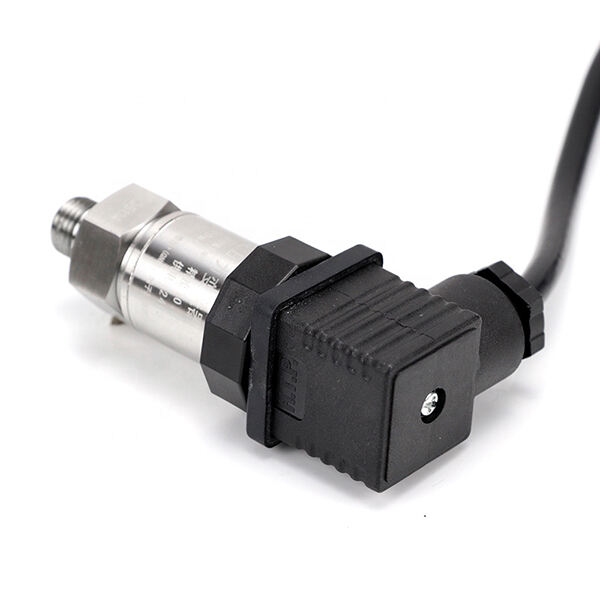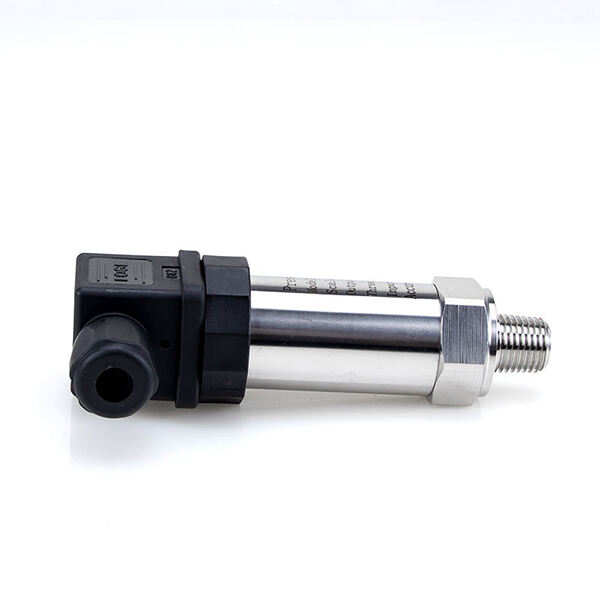Many industries rely on load cells from SOP. In summary, they work to address how weight is measured. They are used in scales, measuring weights, and controlling machines. In this article, we will delve into load cells and see how they help to ensure the weights are right.
Load cells and weigh cells from SOP are the heart of a precision weigh facility. They provide correct weight readings. The accuracy of a weight scale can vary depending on the type of load cell it is using. This beam load cell converts weight to an electric signal, giving the scale readout. You have it wrong. Getting the correct weight measurement chiefly depends on choosing a suitable load cell.

Finally, weigh measuring is done using liquid in hydraulic load cells. They have a liquid-pushing segment, and the pressure indicates how heavy something is. The mechanical ones are durable and can be used with much heavy stuff. Still, they are sometimes based on different levels of precision. For weight measurement, special gauges are built into electronic load cells, like the displacement sensor from SOP. These scales change when a weight is placed on them, and then the measurement is shown as an electrical signal. They are more precise than hydraulic ones and are employed for numerous applications.

Load cells and pressure sensors from SOP are no exception, and quality and safety are essential. You would not want to work in a home and find that some of the lights do not operate or are unsafe. The load cells should be tested periodically and adjusted to maintain accuracy. They also have to follow some safety protocols. For example, load cells used in a hazardous location must be explosion-proof, and those from food-related locations must be sanitized/washed down.

A load cell is for heavy loads and rough environments on trucks, trains, etc. Types of load cells: There are many types, and one example is the compression type load cell. These load cells are designed to bear heavy loads and operate under the scale at predetermined positions. They balance the load of a vehicle. In fact, technological advancements have resulted in more reliable load cells for large truck and rail scales. Digital processing and self-checks can be remotely monitored. Load cells' accuracy can even adjust to the temperature, which varies from one to another, and also humidity affects load cells.
We are accredited CE, RoHS and ISO9001. We make that each product undergoes rigorous inspection prior shipping. Additionally, SOP has professional loadcell after-sales assistance for product problems, as well as other problems.
Customers can select a variety transport services. We provide secure packaging expedited shipping to all of stock items. After shipment you will loadcell tracker details.
SOP is a high-tech manufacturer has over 20 years of loadcell production and worked with more than 5000 customers around world. It is a well-established company engaged research, development and production of different types of sensors.
Our main products consist of loadcell kinds of sensors, such linear displacement sensor, draw wire sensor, load cell, LVDT torsion sensor, pressure sensor, magneto sensor on. We offer OEM/ODM support according to the customer's requirements